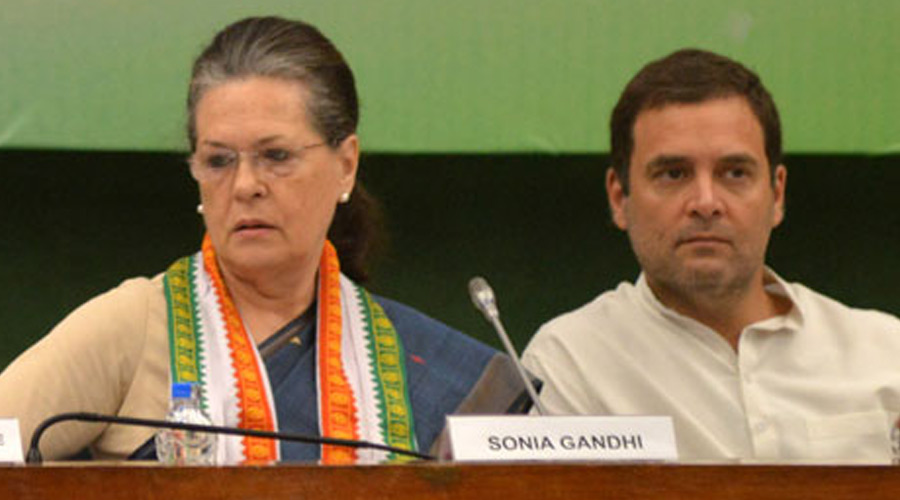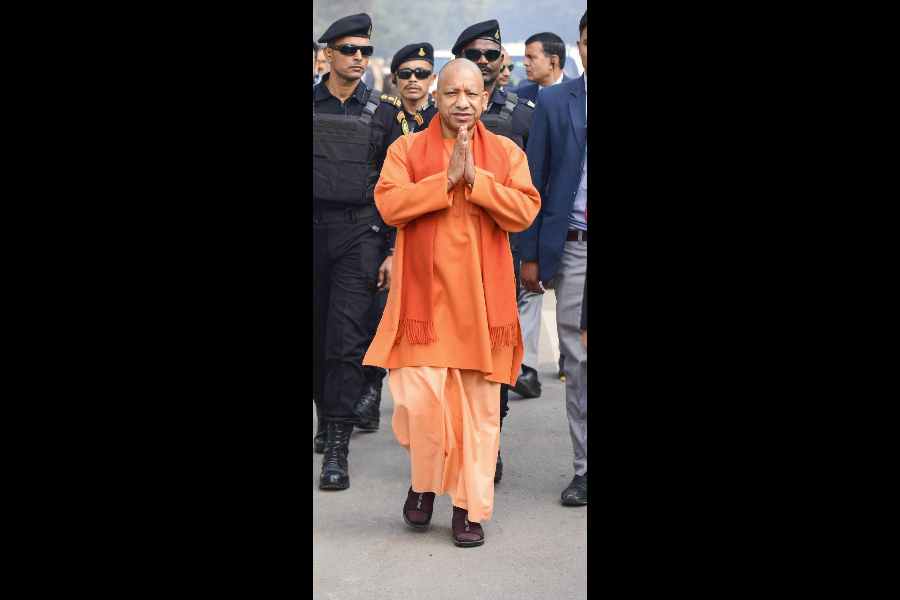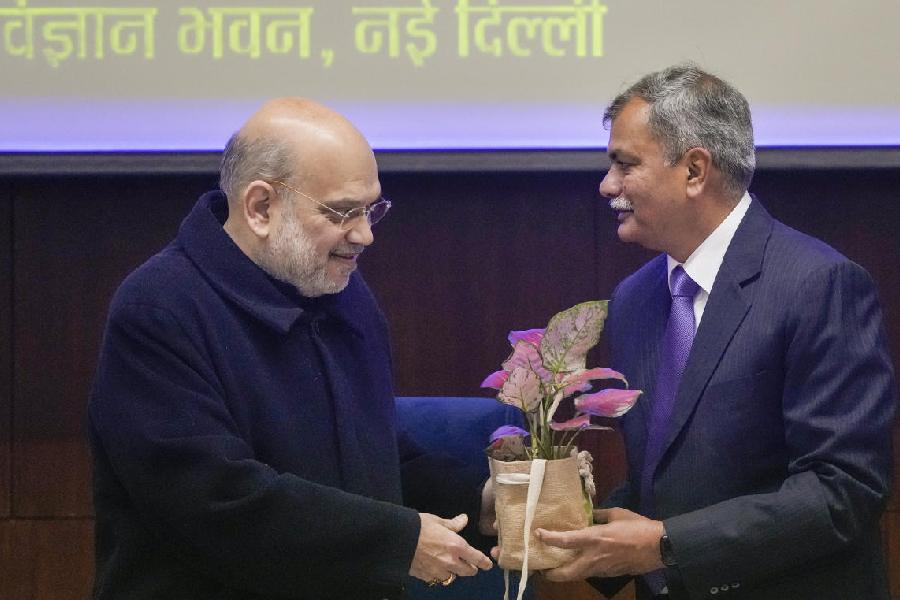The Congress has decided to get its act together. The message from the Chintan Shivir shows a determination to return as a united force after continued electoral defeats and internal discontent. Of the two parts to the resurrection plan, one was setting ideological, economic, social justice goals and the other was self-correction. The party president, Sonia Gandhi, set the ideological tone with an attack on the Narendra Modi-led government’s divisive politics that spread fear and hatred in the name of religion and nationalism, overturning constitutional principles in the process. The Congress would fight against the attempt to divide Indians, as a mark of which a “Bharat Jodo Yatra” has been planned, the name echoing Mahatma Gandhi’s “Bharat Chhodo”. The echo recalls the legacy of the party that led the struggle for India’s independence, and invokes its iconic power. The call to unite the country’s people and ensure social justice for Dalits, adivasis and the poor, who, according to the Congress, are suffering because of the government’s policies and its attitude, would represent the party’s ideological stance. That is coherent at least; Congress leaders should drop the sporadic ‘soft Hindutva’ that spells a lack of direction.
The party will ‘reset’ its economic policies — with a reminder that liberalisation was a Congress government’s achievement — by stepping forward into post-liberalisation. The emphasis would be on welfare-based, pro-poor policies. The former finance minister, P. Chidambaram, ‘reset’ priorities by emphasising that health, education and extreme poverty were the real matters of concern, not halal meat or loudspeakers. By mentioning malnutrition, poor growth and anaemia that affect India’s women and children, Mr Chidambaram gave to the promised economic policies a feeling of substance.
Perhaps the most important aspect of the Chintan Shivir was self-reflection. This resulted in a number of organisational developments, among which are policies to reach out to the young, many dazzled by Bharatiya Janata Party rhetoric, and a public insight department for feedback from people. Moves for internal reform could change the party’s stale image. ‘One family, one ticket’ is such a policy. Other decisions, such as the one by which office-holders will have a five-year term, with a committee assessing their performance, could help lessen the internal misuse of power while streamlining party administration. It is a pity that the Congress’s self-reflection did not occur earlier. Given the state it is in today, the way to effective resurrection will be a long one. Implementing its new policies will pose the first challenge; the BJP and its canny moves come later. The Congress’s aim is to retrieve India, not just to fight an electoral battle. But the electoral battle has to be won too, and that raises a fundamental question: will the Congress be able to reinvent its political appeal and reclaim lost ground at a time when the BJP has altered the rules of the electoral engagement?











